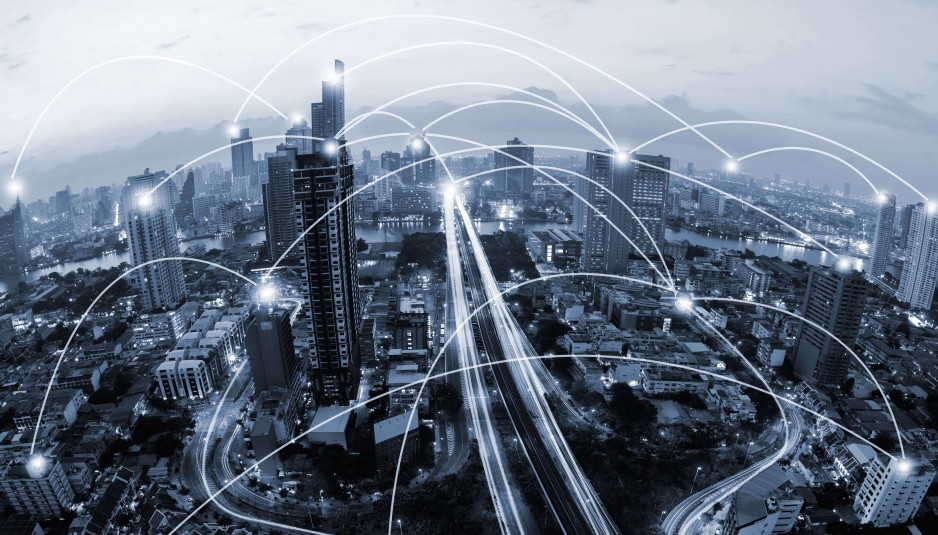Looking back from about 2030, the National Intelligence Council sketched our collective choices in its unclassified global trends report earlier this year. The report’s three scenerios lead to widely disparate outcomes.
Will the next 20 years be defined by ‘islands,’ ‘orbits’ or ‘communities’?
Islands. An economist looking back from 2028, two decades after the 2008 financial crisis found that countries had turned inward as “mounting public debt, aging populations, and decreased capital investment exacerbated downward pressures on developed economies.”
Automation and AI turned out to more disruptive than expected. Climate change had challenged governments’ ability to cope. Other contingencies had dramatic consequences as well. For example, “The global pandemic of 2023 dramatically reduced global travel.”
The good news from 2028: “The slowing of globalization and trade is sparking a new generation of experimentation, innovation, and entrepreneurship at local levels.” Man-machine cooperation is helping reverse job losses.
Orbits. At the end of the Smith administration in 2032, rising regional tensions are giving way as major powers learn to cooperate for self-preservation. The U.S. had not fully realized how nervous Beijing, Moscow, and Tehran were about economic stress and social tensions at home and so could not compromise on external challenges.
“It took a mushroom cloud in a desert in South Asia to shake us from our complacency,” the president’s national security advisor reflects.
The good news: “With China’s help, the United States quickly moved to defuse the crisis — we were lucky. The conflict barely missed escalating to a full nuclear exchange. President Smith shared the Nobel Peace Prize with the President of China that year.”
Communities. Looking back from 2035, the mayor of a large Canadian city says the decline of nation-states and the rise of sub- and transnational structures seems inevitable in retrospect.
“Information and communication technologies are now key to defining relationships and identities based on shared ideas, ideologies, employment, and histories, rather than nationality.
In the Middle East, “broad societal rejection of the violent religious extremism” of the early 21st century was driven by the lost generation of youths demanding practical solutions. Around the world, city leaders worked together to tackle issues that national governments neglected.
In 2035, “The term ‘Free World’ now defines the networked group of state, substate, and non-state entities that work cooperatively to promote respect for individual freedoms, human rights, political reform, environmentally sustainable policies, free trade, and information transparency.”











